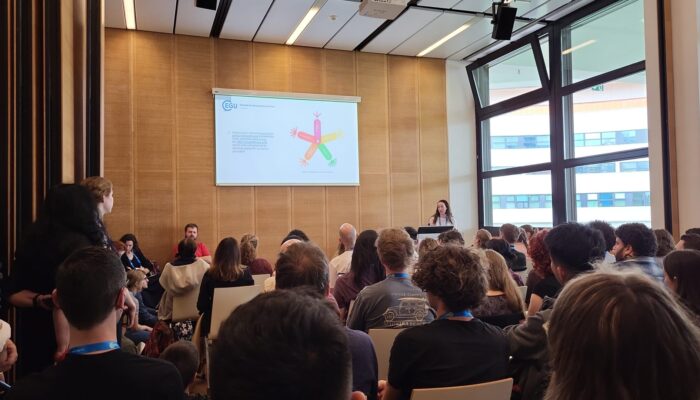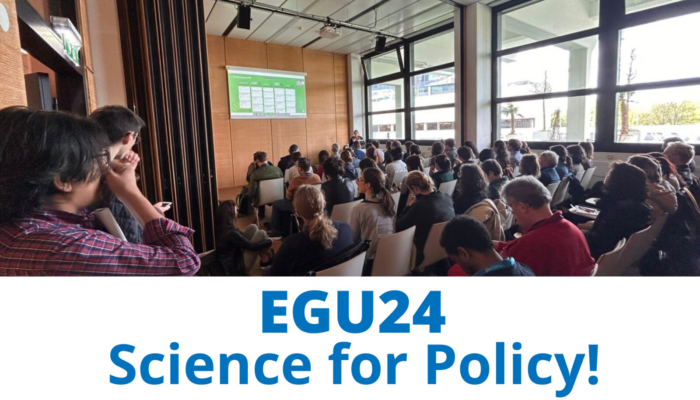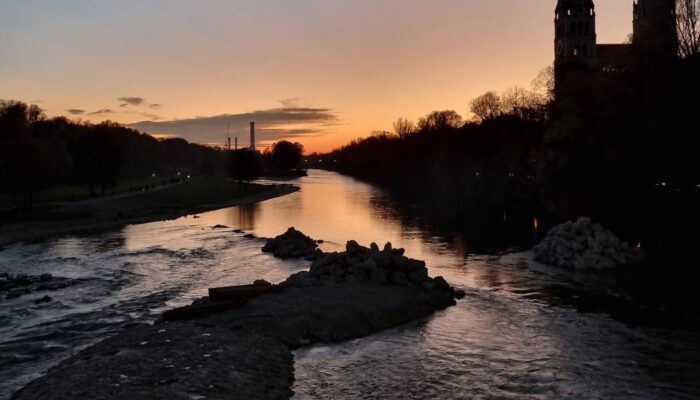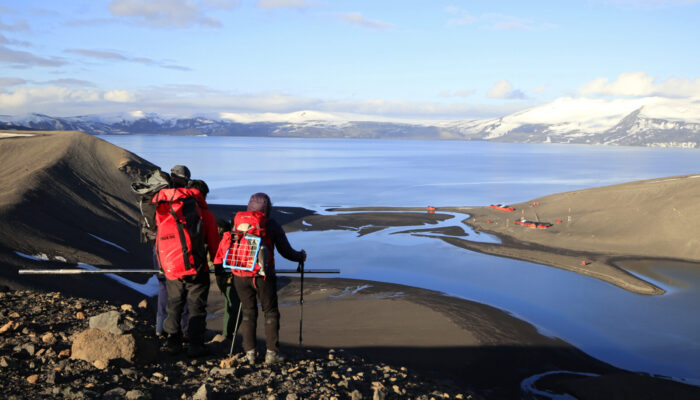This months GeoPolicy blog post outlines 10 things that you can do to start engaging with policy today! This list was originally created with the help of the EGU’s Science for Policy Working Group and other Science-Policy experts who attending EGU24. While the below list isn’t extensive, it does provide a good overview of the range of possibilities that are at your fingertips to build ...[Read More]
GeoPolicy: Dive into science for policy at EGU24
Each year, the EGU General Assembly hosts a wide range of scientific and skills-based sessions as that you can participate in to learn about new research, expand your network, diversify your expertise, and develop new skills! This includes an array of sessions that focus on science for policy, outlining how researchers can start engaging in policymaking processes, connect with decision makers, and ...[Read More]
GeoPolicy: Fluvial geomorphology and its potential for policy impact
In this month’s GeoPolicy blog post, Dr Grace Skirrow outlines how researchers can share their expertise with environmental regulators to have policy impact and the role that fluvial geomorphology can play in policy decisions. Fluvial Geomorphology and why it is relevant for policymakers Fluvial Geomorphology (“fluvial”, derived from the Latin “fluvialis”, meaning “of the river”) is the study of l ...[Read More]
Geopolicy: A sneak peak into EGU’s Science for Policy 2024 Agenda
The EGU’s Science for Policy Programme is continually developing and expanding to help meet the needs of EGU members and European policymakers. This blog post will kick-off the New Year by outlining a few of the key science for policy activities that you can look forward to and engage with in the next 12 months. EGU’s Division Policy Officers and Policy Points of Contact In 2023, many EGU Division ...[Read More]




